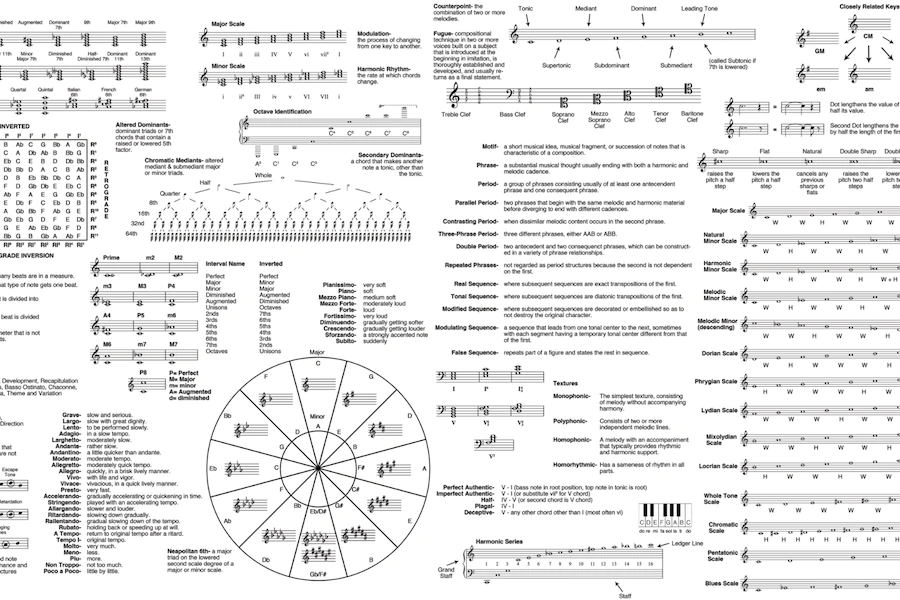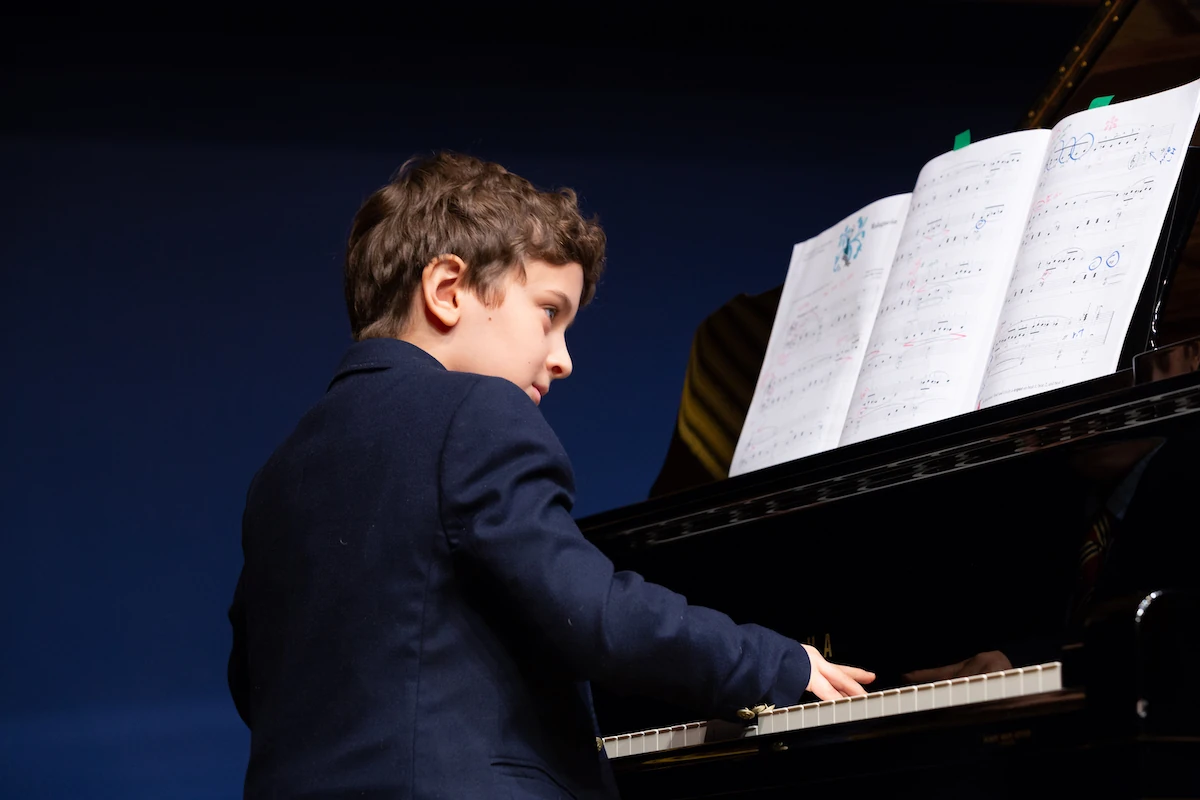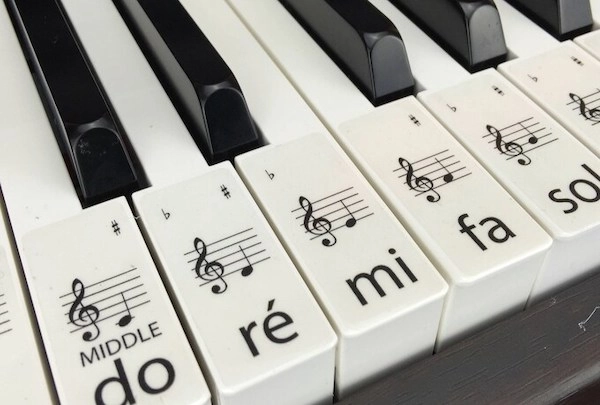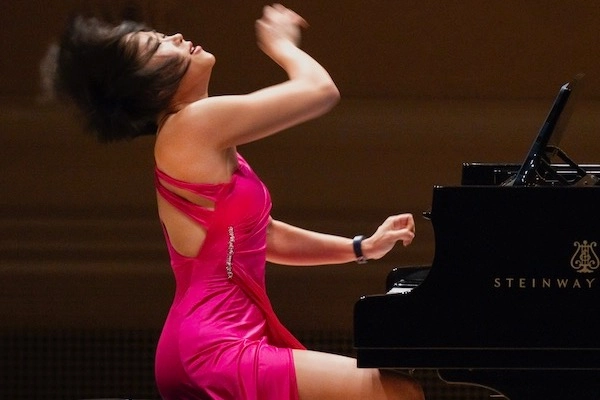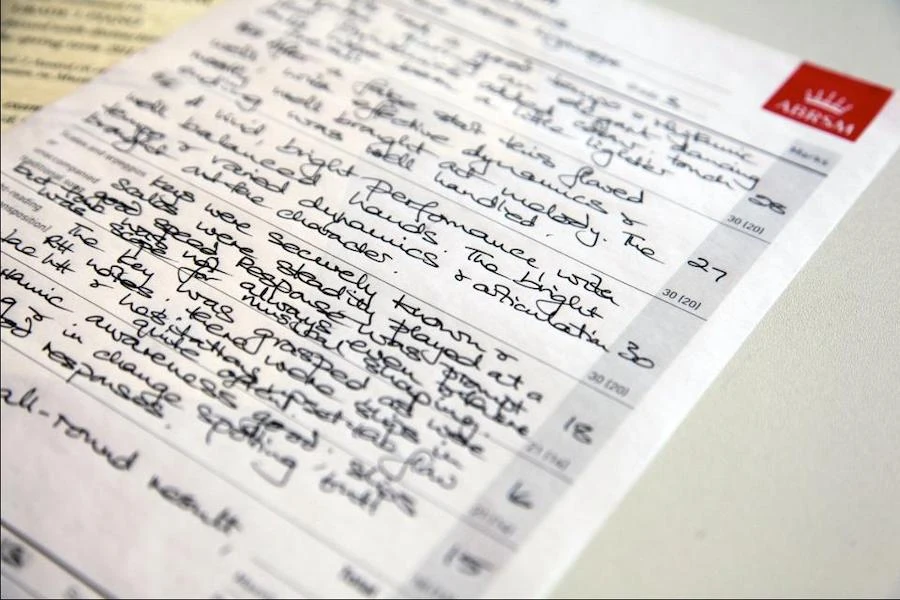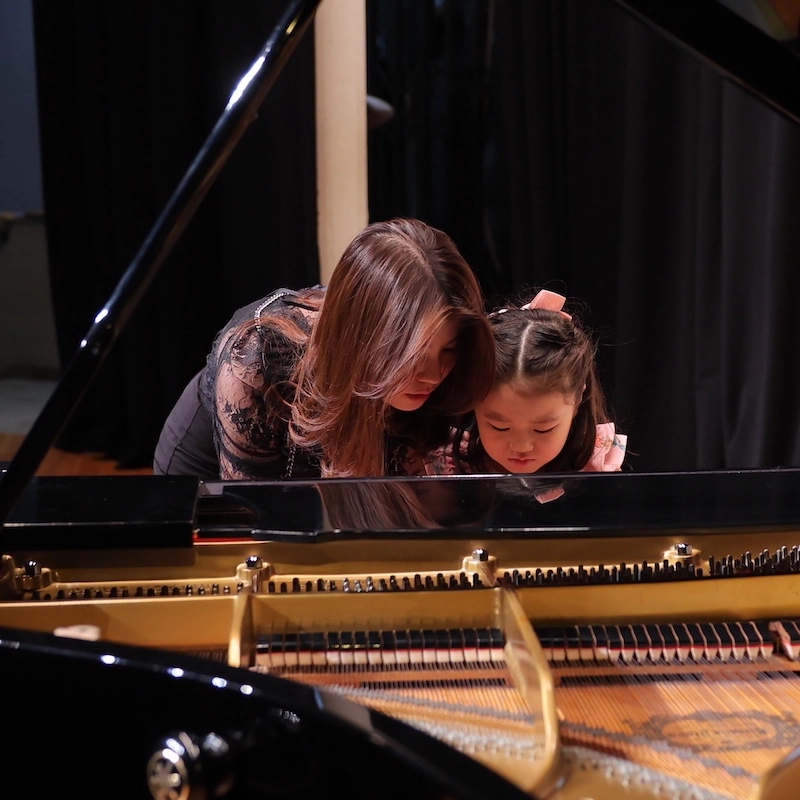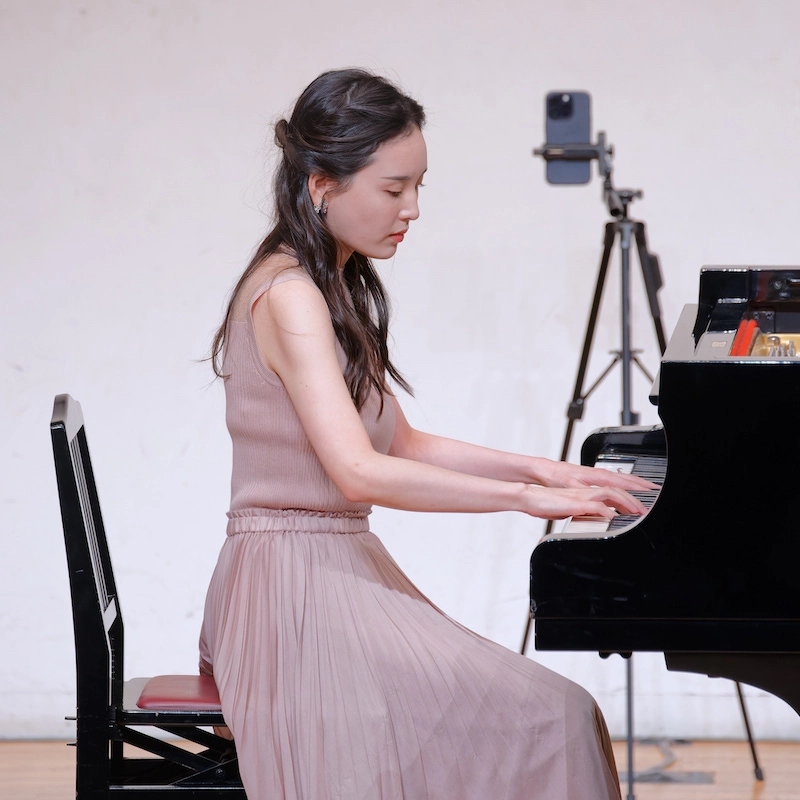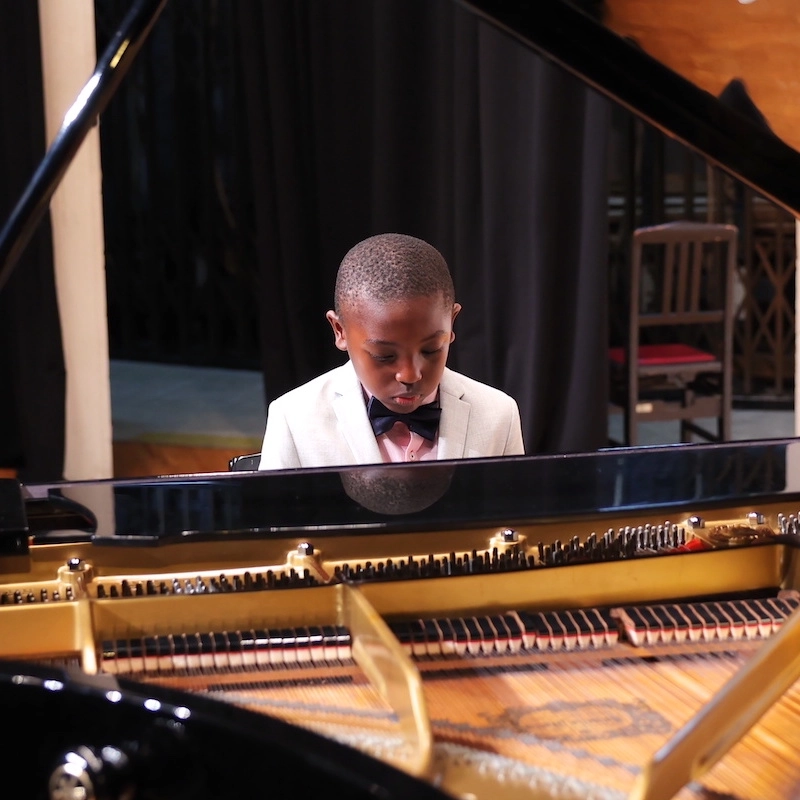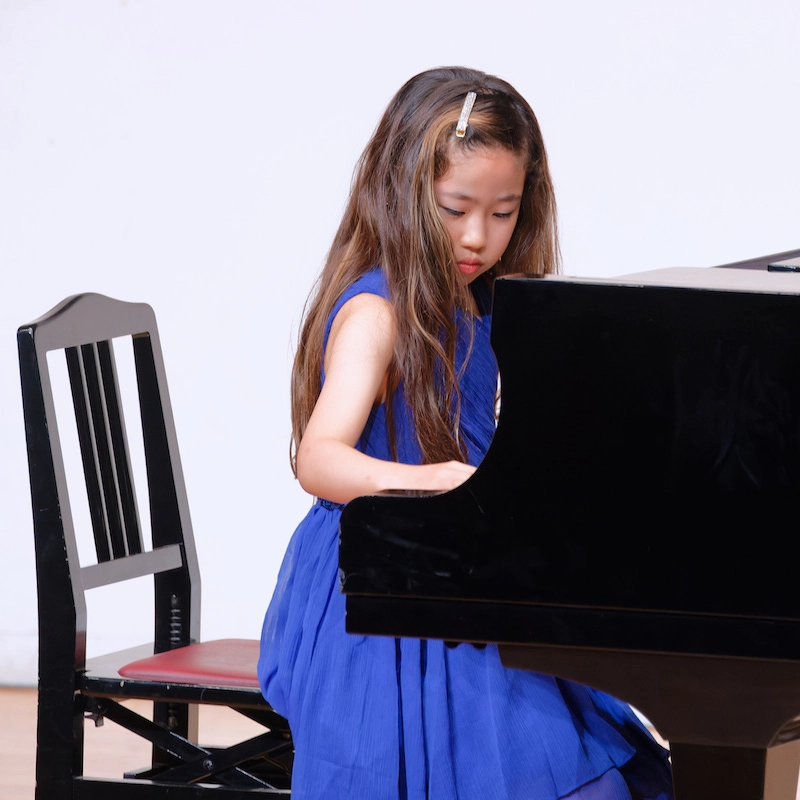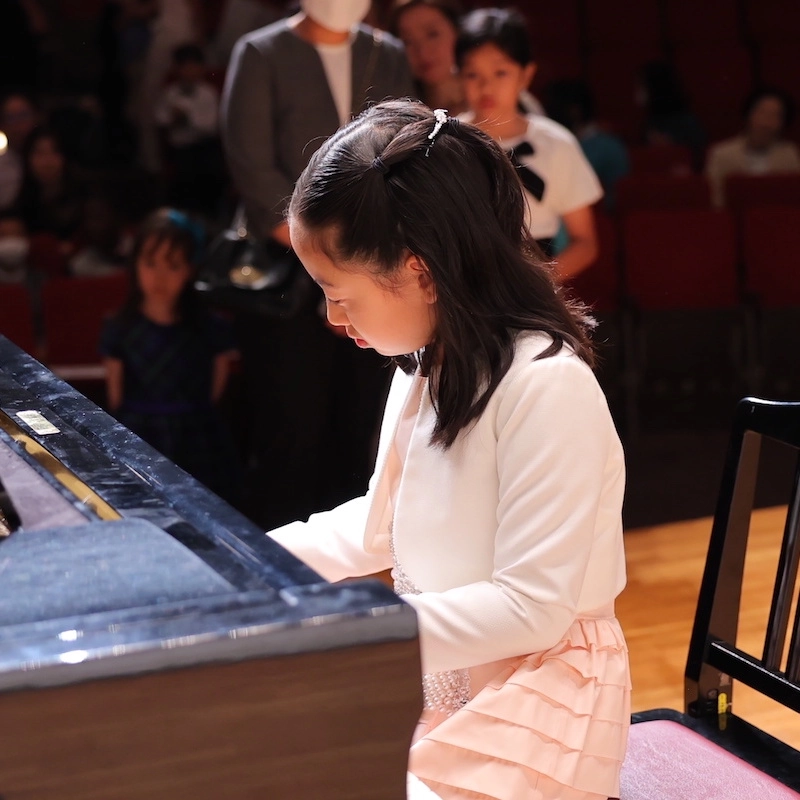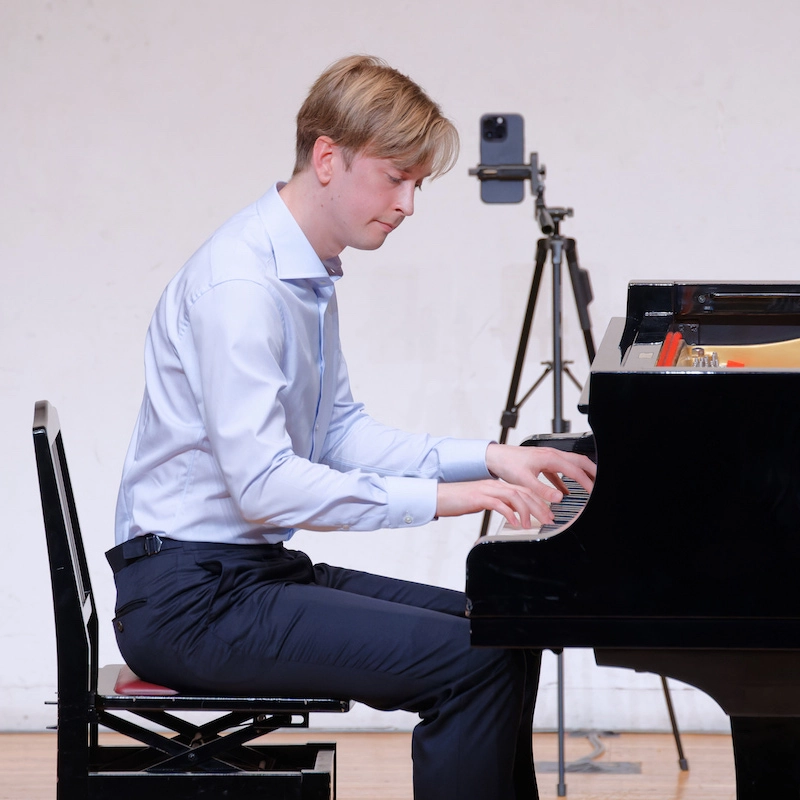ARE YOU LOOKING FORPiano Lessons
in Tokyo?
FROM BEGINNER TO ADVANCED
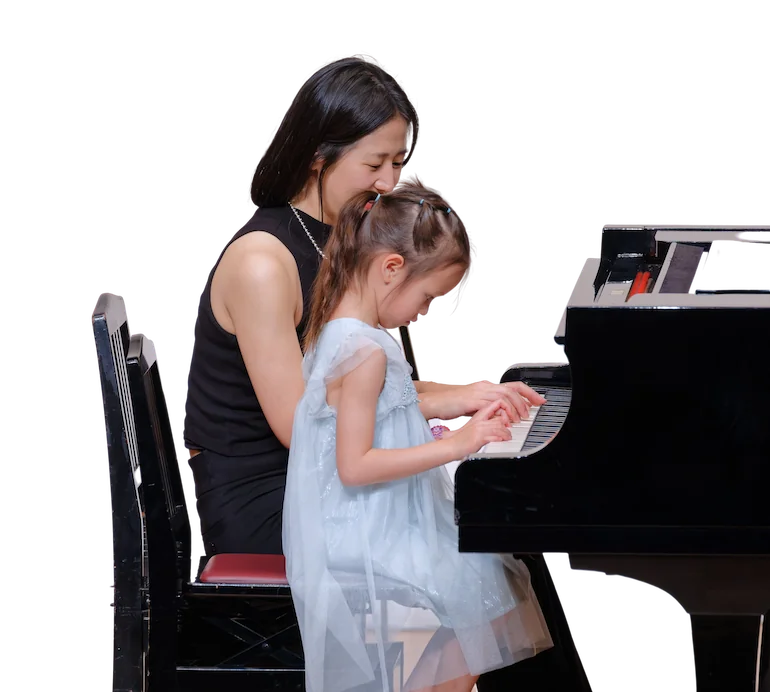




ABOUT USTokyo Piano School
Tokyo Piano School’s mission is to offer affordable private piano lessons in Tokyo including the following areas; Hiroo, Azabujuban, Roppongi, Shirokanedai, Meguro, Nakameguro, Ebisu, Jiyugaoka, Shibuya, Omotesando and Shinjuku for adults and kids from beginner to advanced. We offer personalized one-on-one piano lessons at our private studio conveniently located only five minutes walk from Roppongi and Azabujuban stations. We also offer lessons at the student’s home. Tokyo Piano School helps guide and foster students in a range of different musical styles including: classical, pop, jazz and musical theatre. We also prepare students for university and conservatory entrance auditions, music school exams, ABRSM exams, Yamaha exams, recitals, and competitions. Tokyo Piano School offers 1 hour, 45 and 30 minute piano classes. All potential students receive a discounted trial lesson to evaluate their current musical level, and to discuss goals and future piano aspirations.
Our piano teachers use a mixture of British, Japanese & Russian teaching styles based on the individual needs of each student in order to better unlock their potential and achieve success in both piano theory and performance. By combining these three styles it provides a more diverse understanding of technique, musical expression, range of dynamics and interpretation. Tokyo Piano School holds annual piano recitals where our students can showcase their achievements and get accustomed to performing in front of an audience. Piano lessons in Tokyo can be offered in either English or Japanese. So, if you are looking for piano lessons near you or would simply like more information please contact us using the contact form below. The team at Tokyo Piano School looks forward to scheduling your first piano lesson.


WHAT WE TEACHAreas of Study
During the course of their piano lessons, students’ will have the opportunity to learn about music theory, sight reading, solfège, and musicianship. We also prepare students for ABRSM and university entrance exams and competitions.


Our Teachers
Our piano instructors in Tokyo are all classically trained with a minimum of a Master’s Degree level of education and have graduated from highly reputable music schools and conservatories from all around the world.


Rates


Gallery
Blog Posts





Contact Us


